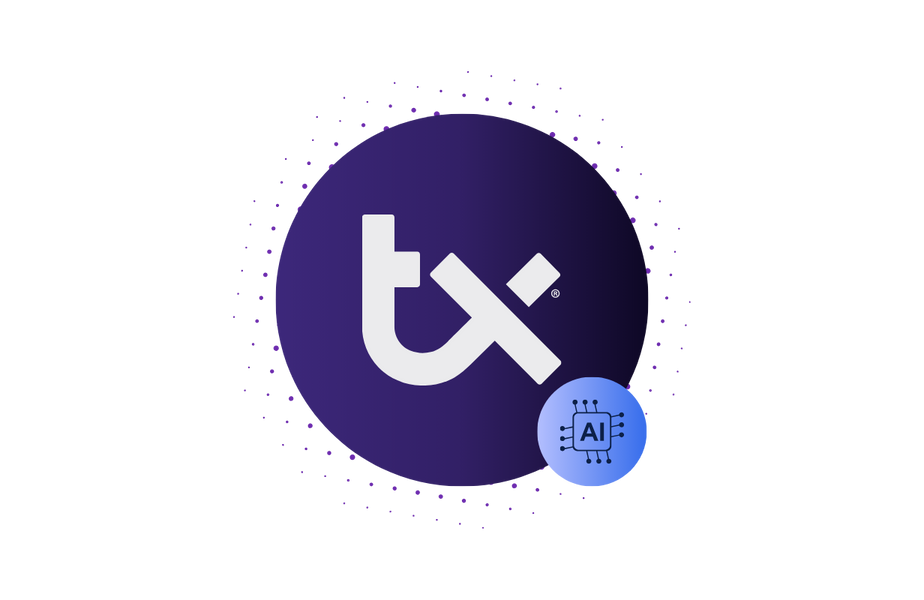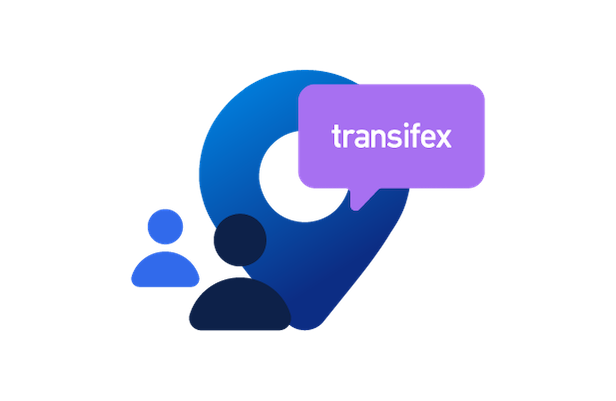

Why Startups Should Be Localizing Too
With 55% of consumers preferring to only make purchases in their native language, 90% of B2B buyers conducting product research online before making purchases, and a $56.2 billion total global market size for language services by 2021, it’s clear that localization is more important than ever for startups trying to capture international customers.
While most believe that it is only large multinational corporations who require localization, the truth is the need for taking your digital content global begins even at the startup stage. And while for all businesses the priority is to as much traction as possible as quickly as possible, this holds even more true for startups that are trying to establish their brand and presence.
To learn more about localization for startups, read on for the why and how behind startup localization.
Your International Prospects are Waiting
If you’re still not sure if you should be localizing your website and products, keep in mind that your potential customers from large markets like France, Germany, and even Japan are the same countries with the highest percentage of local consumers who prefer to make purchases in their native language (61% of French consumers and 58% of Germany consumers, according to research by Unbabel).
Moreover, it is not only that they prefer to make these purchases in their native language, but some countries actually have a majority of consumers who are actually the least comfortable making purchases in English (with 43% of German consumers, 42% of consumers in France, and 24% of Japanese consumers).
You Can Localize on a Startup Budget
Having worked with companies of all sizes and budgets, we understand that localizing on a startup budget may seem daunting or impossible. However, there are a few easy and cost-effective ways to start localizing your content.
In-House: Perhaps you have team members who already speak your target languages, or you have a bit of a global presence abroad that you can tap into to have translations from the local staff.
Outsourced: While there are many agencies with seasoned translators for hire, this solution may be a bit pricey for startups still testing out the return on a localization investment.
Crowdsourced: A highly effective approach that is starting to gain popularity, crowdsourcing translations is a strong option amongst for innovative companies. (This option is a favorite of fast-moving companies like Trello.)
Additionally, you can also opt to invest in machine translations (which, depending on the solution you select may be a bit pricier). Though this method may sound the most technical out of all the others on this list, do not be fooled — with great technology comes great accuracy and dependability.
Start Capturing Your International Customers
To reach these international customers, you must first get on the international radar — and translating and localizing your content is the first step. With the right translation, not only will you up your game for the more tactical elements like international SEO, but you’ll also start to establish your global brand and international presence.
If you are a startup that is scaling globally and looking for ways to more effectively engage its global audiences, Transifex is here to support you. Not sure what solution you’re looking for yet? No worries. Sign up for our free 15-day trial to take the Transifex localization and translation management platform for a spin.


AI Localization: Everything You Need to Know





